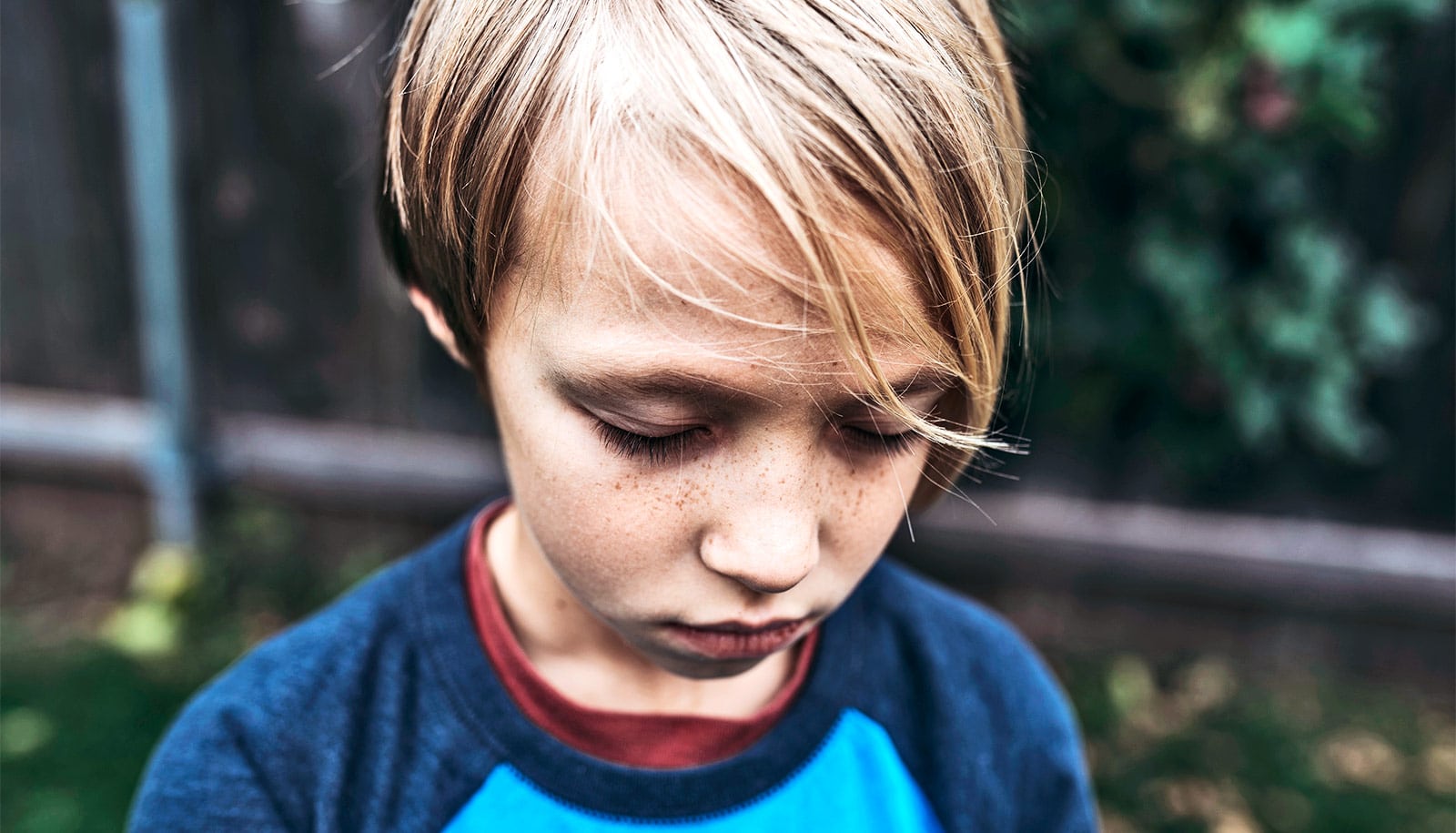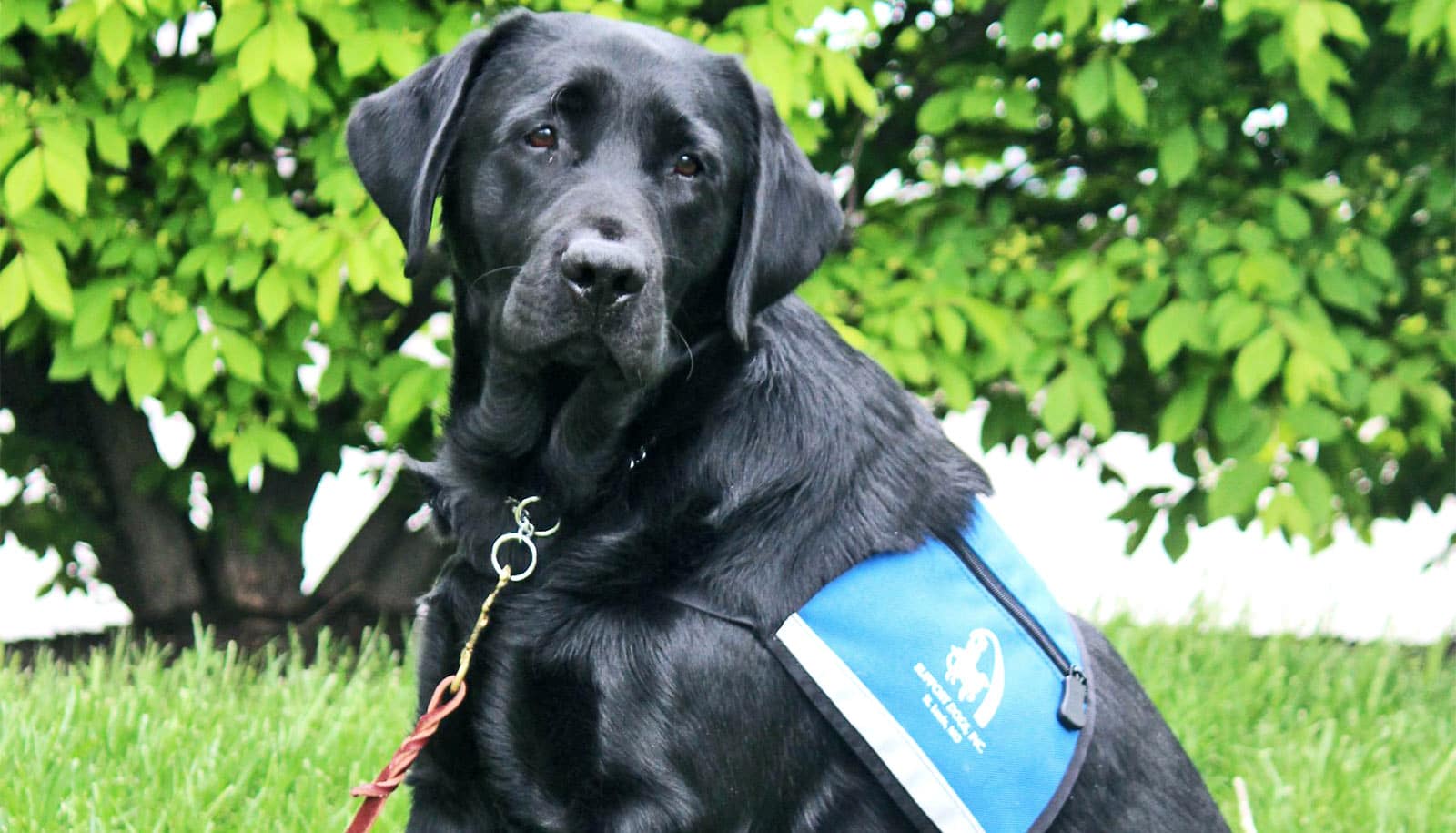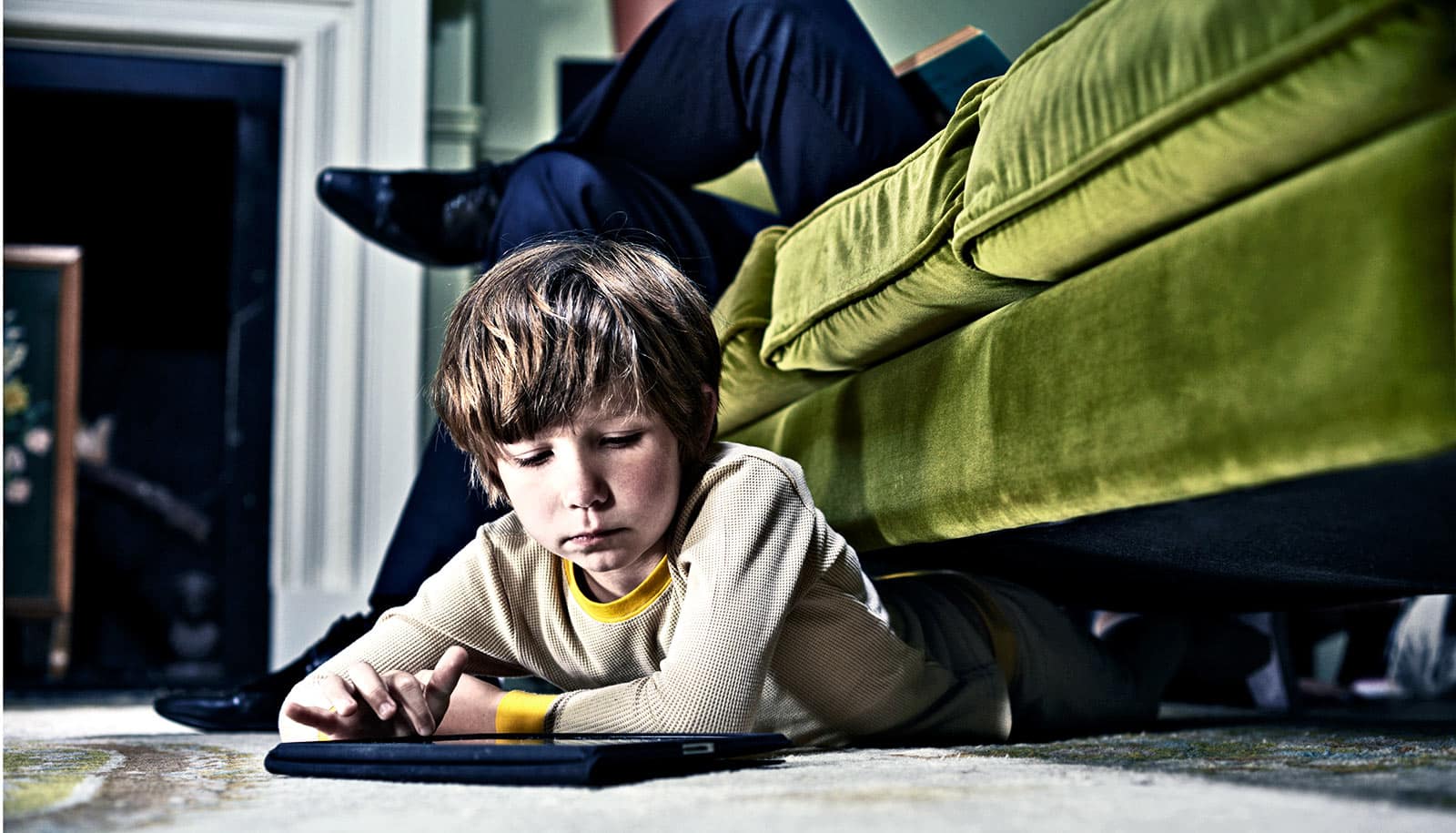Mindfulness programs can improve decision-making skills and teach kids with autism to focus their attention and react less impulsively through breathing exercises that help to reduce anxiety, researchers report.
Mindfulness practice trains people to focus their attention on awareness of the present moment. In neurotypical children, it has been shown to improve decision-making skills and to be effective in reducing anxiety, a common condition in the one in 68 children nationwide diagnosed with autism.
The researchers administered an eight-week mindfulness program to 27 high-functioning students with autism ages 10 to 17 at Newmark, a private school for children with special needs in New Jersey. Students were introduced to the basic tenets of mindfulness, then taught specific practices such as mindful breathing or focusing attention on the body, thoughts, and emotions.
The students were tested on their impulse control, attention, and decision-making before and after the program.
“We found that the children improved their executive functions like controlling emotions, maintaining self-control, focusing attention, and being flexible in changing their perspectives,” says lead investigator Helen Genova, a research assistant professor in the physical medicine and rehabilitation department at Rutgers University New Jersey Medical School and director of the Social Cognition and Neuroscience Laboratory at the Kessler Foundation.
“As in previous studies on school-based mindfulness programs and typically functioning children, we found that the practice taught the students to take a moment to stop and breathe. This reduced impulsiveness and allowed them to make better decisions.”
Regina Peter, co-executive director of Newmark, says the school promotes mindfulness every morning and before tests and competitions. “Practicing mindfulness teaches our students the important skill of treating the moment as something that needs to be attended to and to let everything else go,” she says.
“The wonderful thing about mindfulness is that it is a tool they can take out when they need it. It is not a medication with side effects, and it’s free.”
Additional coauthors are from Rutgers New Jersey Medical School, Kessler Foundation, and Children’s Specialized Hospital. Children’s Specialized Hospital and Kessler Foundation funded the study.
The research appears in the journal Research in Developmental Disabilities.
Source: Emory University



